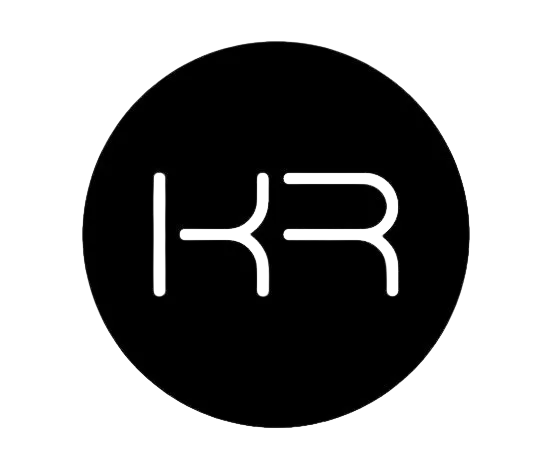What Is Slack?
Slack is the digital HQ for modern teams.
It transforms how organizations communicate by replacing scattered email threads with channel-based collaboration — helping teams move faster, align better, and stay connected across departments and time zones.
From fast-growing startups to global enterprises, Slack keeps the conversation flowing and the work visible.
Why Slack Stands Out (It’s More Than Just Messaging)
Slack isn’t just another chat app. It’s a centralized communication platform built for businesses that want to:
-
Streamline internal collaboration
-
Keep projects on track with context-rich updates
-
Integrate tools and workflows into one shared space
-
Enable async work across global teams
-
Reduce email clutter and decision delays
It’s the backbone of remote, hybrid, and high-performing teams.
Slack Core Features
| Feature | What It Solves |
|---|---|
| Channels | Organize team conversations by topic, client, or project |
| Threads | Keep discussions focused and avoid message overload |
| Mentions & Alerts | Ensure key stakeholders never miss important updates |
| App Integrations | Connect with 2,000+ tools like Google Drive, Zoom, Notion, and Asana |
| Workflow Builder | Automate routine processes without writing code |
| Slack Connect | Collaborate securely with external vendors, clients, and partners |
| Mobile & Desktop Apps | Stay in sync across devices, time zones, and locations |
| Enterprise Security | Built-in compliance and enterprise-grade encryption |
Slack unifies tools, teams, and conversations into a single streamlined experience.
Why Slack Works for Remote & APAC Teams
In regions like Malaysia, Singapore, Indonesia, and India, businesses are embracing distributed teams — and Slack meets them where they are:
-
Language-agnostic platform with a global UI
-
Low bandwidth mode for mobile-first users
-
Deep integration with APAC-used tools (Zoho, Microsoft, Jira)
-
Enables async work culture with threaded updates and custom notifications
Whether you're a startup in Penang or an enterprise in Jakarta, Slack scales with your team and reduces communication silos.
Who Should Use Slack?
-
Fast-growing startups managing multiple projects
-
Remote or hybrid teams collaborating across time zones
-
Agencies working with clients and freelancers
-
Enterprises needing structured, scalable communication
-
Tech and SaaS companies prioritizing real-time collaboration
-
Customer support, engineering, marketing, and product teams
If your business thrives on communication, Slack becomes essential.
Final Thought: Great Teams Communicate Differently. Slack Enables That.
Success doesn’t come from more meetings or longer email threads — it comes from clarity, speed, and alignment.
Slack gives teams the infrastructure to collaborate with purpose, communicate asynchronously, and reduce friction.
If you're building a high-performing team in today's digital world, Slack isn't optional — it's foundational.
